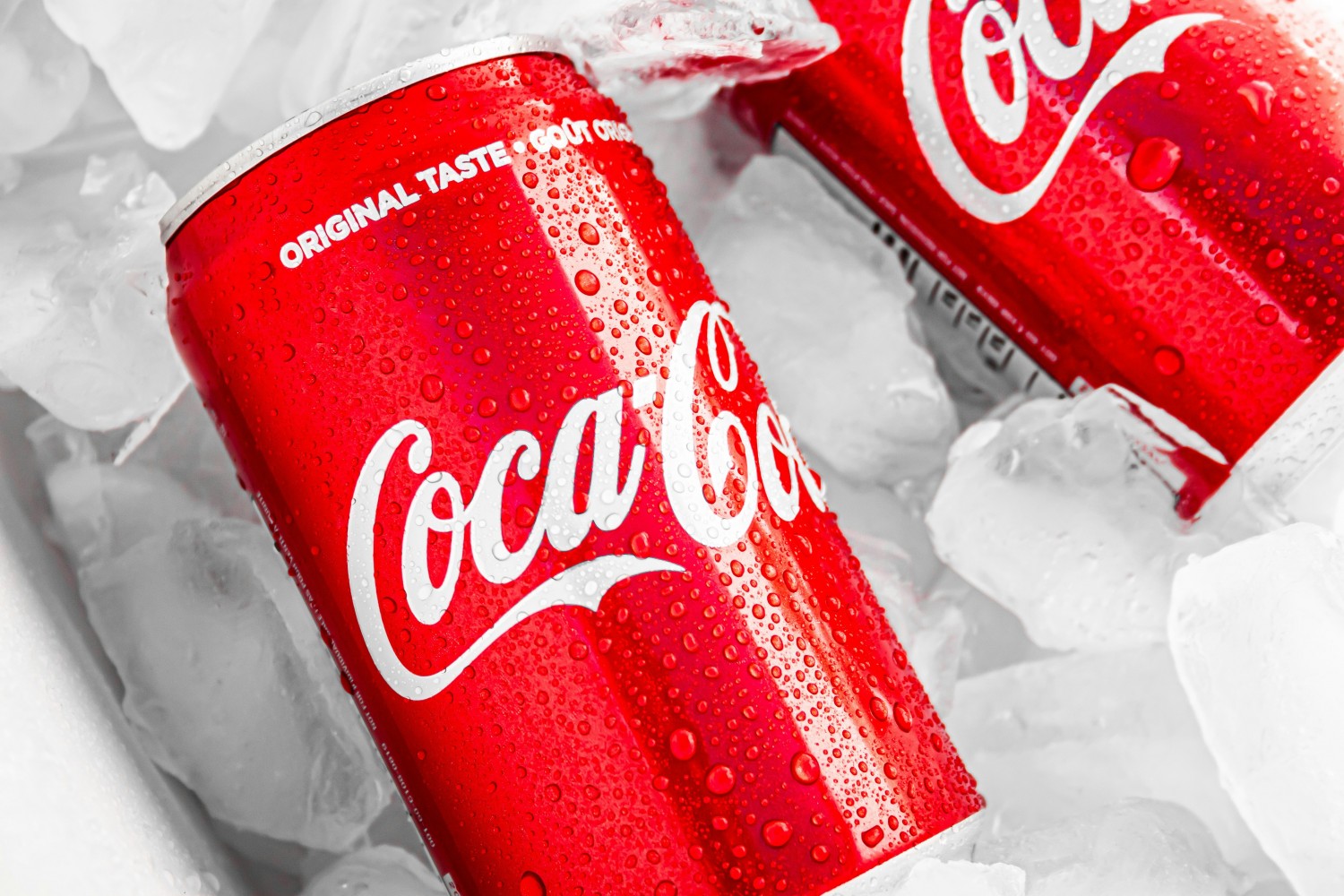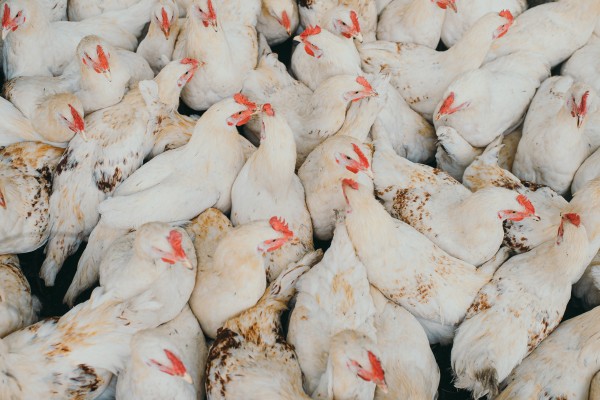Coca-Cola has prevailed in a judicial review of a Competition Appeal Court decision related to merger activity.
The Constitutional Court of South Africa has found for Coca-Cola Beverages Africa and its Coca-Cola Beverages South Africa (CCBSA) subsidiary in the latest twist at the interplay of corporate mergers and employment redundancies, which are also known in South Africa as retrenchments.
In its judgment handed down last Wednesday (17 April), the Constitutional Court agreed with Coca-Cola that the redundancies did not breach pre-merger conditions because they did not arise from the merger itself; rather they were due to unrelated external economic factors.
The origins of the dispute lie in the merger of four distinct bottling companies to form CCBSA, which received Competition Commission clearance in May 2016 subject to a number of government and trade-union conditions, including maintaining employee numbers, and forbidding redundancies as a direct result of the merger.
Shortly afterwards and against the backdrop of a worsening economic environment, including consequences of the South African ‘sugar tax’* from April 2018, Coca-Cola warned in January 2019 that redundancies might be necessary.
The Food And Allied Workers Union (FAWU) asserted to the Commission a breach of merger conditions, and the matter was referred to the Competition Tribunal which found for CCBSA due to “insufficient evidence to demonstrate that a principal reason for the retrenchments was the removal of duplicate roles”. The Commission (but not the FAWU) subsequently succeeded on appeal to the Competition Appeal Court, saddling CCBSA with the costs of the proceedings, paving the way to the Constitutional Court (where the FAWU also chose not to participate).
It was noted that the Commission, in making its case, relied heavily on an August 2019 memo, which stated the redundancies were “merger specific” or a direct result of the merger, “as the employees that have been mostly affected by the retrenchments are in the same roles where most of the duplications occurred as a result of the merger”.
“The Competition Appeal Court mischaracterised the nature of the appeal and applied the wrong tests in respect of both review and causation. There was no basis in law or fact for overturning the judgment of the Tribunal,”
said Chief Justice Ray Zondo.
A further appeal looks unlikely, since the Constitutional Court is the highest appellate court on constitutional and public law matters.
South Africa-founded law firm Bowmans, which advised Coca Cola on the Constitutional Court proceedings called the result “a landmark judgment” in clarifying the standards for merger-specific redundancies.
*In 2018, South Africa introduced a 10% tax on sugar-sweetened beverages, excluding fruit juices. Since its introduction, carbonated drinks have risen in price by an average of R1,006, with purchases of carbonated drinks in the country falling by 29% and the amount of sugar in them by 51%.
Source: African Law & Business




